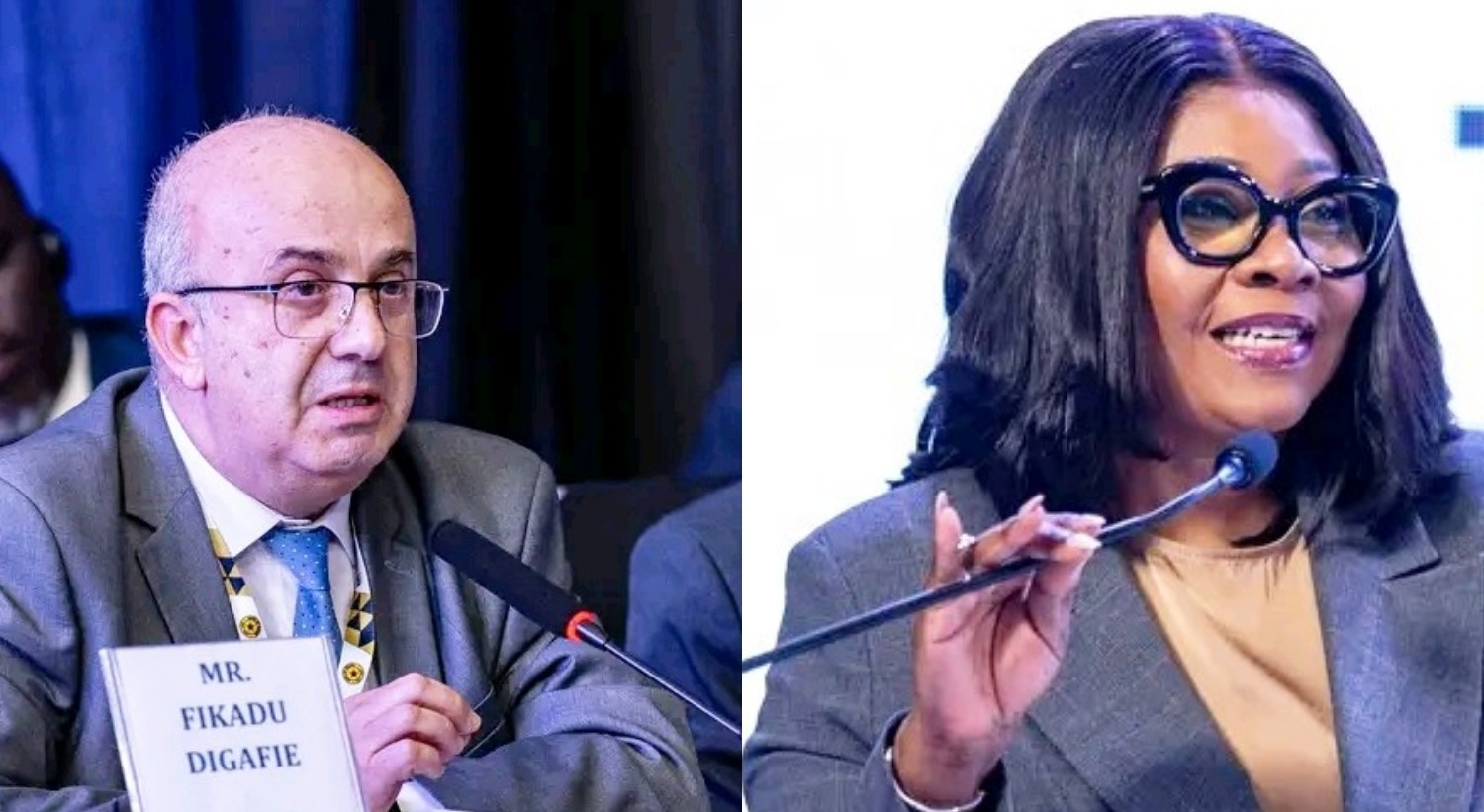
Accra hosted a remarkable two-day gathering from 10th to 11th November as central bank leaders from 23 African countries convened for the Pan-African Central Bank Governors’ Conference, an event co-hosted by the Bank of Ghana and the Bank of England. The conference brought together some of the most influential voices shaping Africa’s monetary and financial future.
The high-level discussions explored critical themes including central bank leadership, institutional independence, accountability, financial stability, and the evolving role of central banks in a rapidly changing global landscape. Distinguished speakers such as former Deputy Governor of the Bank of Ghana, Dr. Johnson Asiama; the Bank of England’s Chief Economist, Clare Lombardelli; and the IMF’s Africa Department Director, Abebe Aemro Selassie, led conversations that offered deep insight into the continent’s policy direction.
Participants underscored that the long-term resilience of African economies will rely on disciplined monetary policy, transparency in decision-making, and inclusive approaches that bring citizens and stakeholders into the financial narrative. Speakers also emphasised the importance of leadership grounded in integrity, especially in the face of global shocks, tightening financial conditions, and domestic economic challenges.
A recurring message was the power of collaboration — both within the continent and with international partners — as a cornerstone for building and sustaining public trust in monetary institutions. With many African countries navigating inflation pressures, exchange-rate volatility, and evolving digital financial ecosystems, the shared experiences offered valuable guidance for strengthening central banking frameworks.
The Truth About Ghana’s Expensive Bank Loans And Foreign Competition
The conference also featured a special celebration of Cedi@60, marking six decades of Ghana’s national currency and reflecting on the country’s journey of renewal, policy reform, and financial sector development. The milestone was framed as not only a tribute to Ghana’s economic evolution but also a symbol of Africa’s collective progress in monetary sovereignty and institutional maturity.
Delegates departed Accra inspired by the renewed commitment to cooperation, innovation, and principled leadership — affirming that a stronger, more resilient financial future for Africa will be built through shared knowledge and united purpose.





